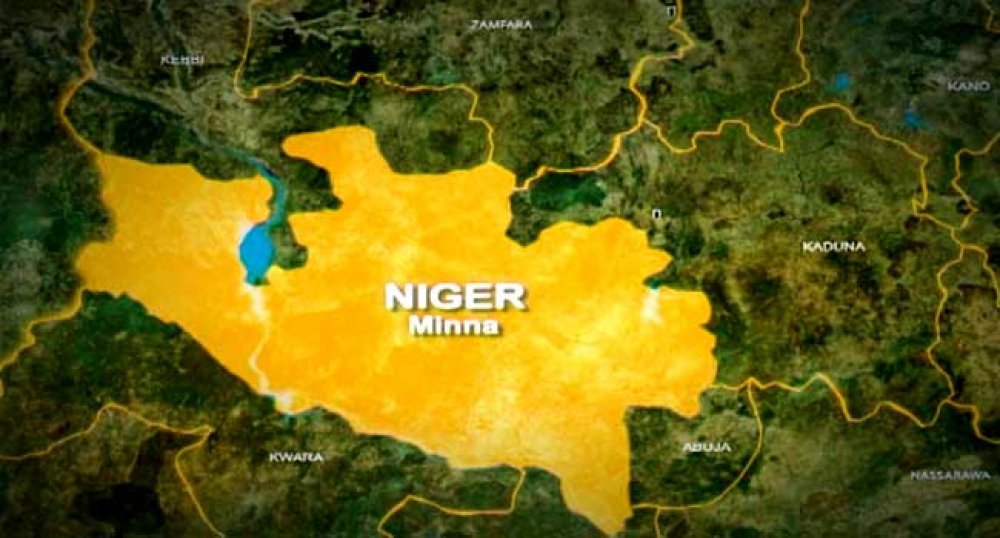Moved by the growing cases of gender-based violence, a group, the Economic and Social Empowerment of Rural Communities (ESERC), on Thursday, launched a task force to contain the trend in Enugu State.
At a workshop titled “Breaking the Cycle of Gender-Based Violence: Survivor-Centred Services and Community Engagement in Enugu State”, the Executive Director of the group, Ikechukwu Nwaogu, explained that the intervention followed the rising cases of the challenge in the state.
He told reporters that the intervention was being implemented with support from the French Embassy Fund for Civil Society (FEF-OSC).
The project, he added, aims to reduce the incidence of gender-based violence and harmful traditional practices in Enugu State through specific goals.
While lamenting the high prevalence of GBV cases in Enugu State, Nwaogu noted that poverty, limited access to services, and entrenched cultural practices were among the factors increasing vulnerability to Gender-Based Violence (GBV) in the state.
He added that 31 per cent of women aged 15-49 in southeastern Nigeria have experienced physical or sexual violence, according to the 2018 Nigeria Demographic and Health Survey, stating that only a fraction of these cases were ever reported due to fear of stigma, cultural norms that silence survivors, and limited access to justice and support services.
He, however, commended the state government for taking an important step forward in addressing these challenges by inaugurating the Enugu State GBV Steering Committee, chaired by the Honourable Commissioner for Children, Gender Affairs and Social Development, Mrs. Ngozi Enih.
“The establishment of the steering committee is a significant milestone in building the political will, policy alignment, and inter-ministerial cooperation needed to confront GBV effectively.
“Our project is designed to complement and strengthen these government-led efforts by creating a synergy between the Steering Committee at the policy level and the GBV Taskforce and Community Advocacy Groups (CAGs) at the operational and community levels,” he said.
He further disclosed that the GBV taskforce would serve as the frontline operational mechanism, able to go directly into communities, track cases, and maintain open lines of communication with the public through IEC materials listing their contact numbers.
He added that by working in concert with the steering committee, the taskforce would ensure that policy directives are implemented on the ground, survivors are reached early, and no one is left behind.
Among other goals, he stated that the project would facilitate training and deploying Community Advocacy Groups (CAGs) to raise awareness, drive behavior change, and link survivors to services; improving access to medical, psychosocial, legal, and referral services for survivors and economically empowering selected most vulnerable GBV survivors, including women living with HIV, women with disabilities, and girls orphaned by AIDS.






